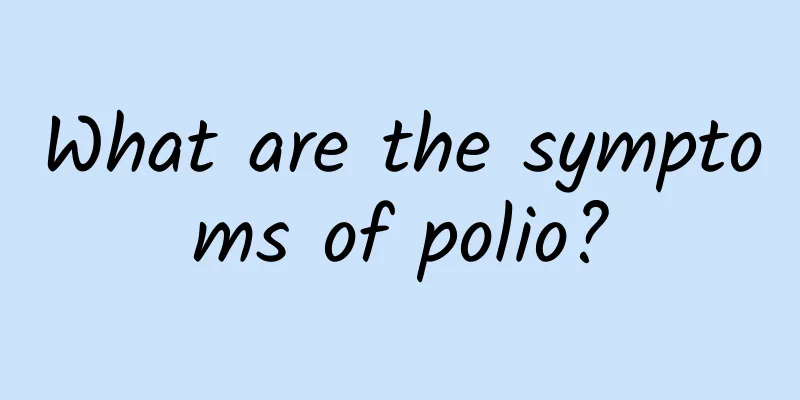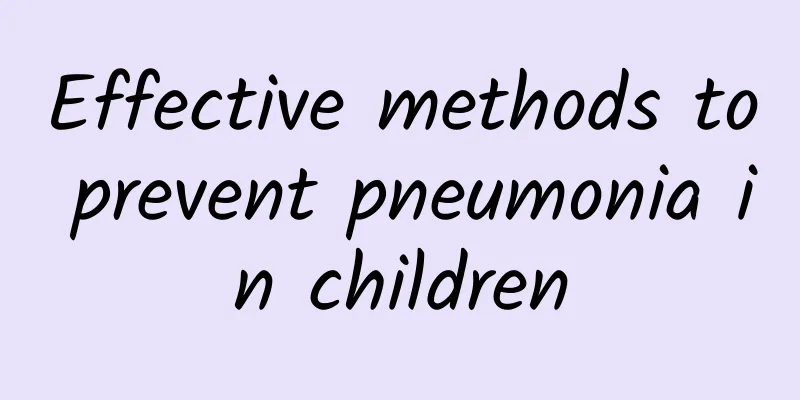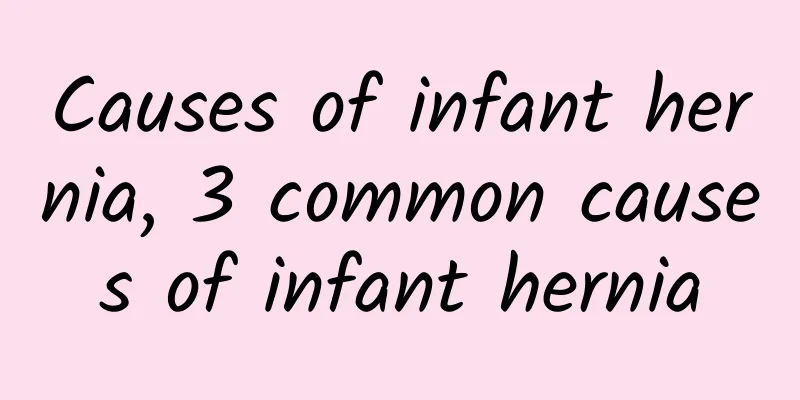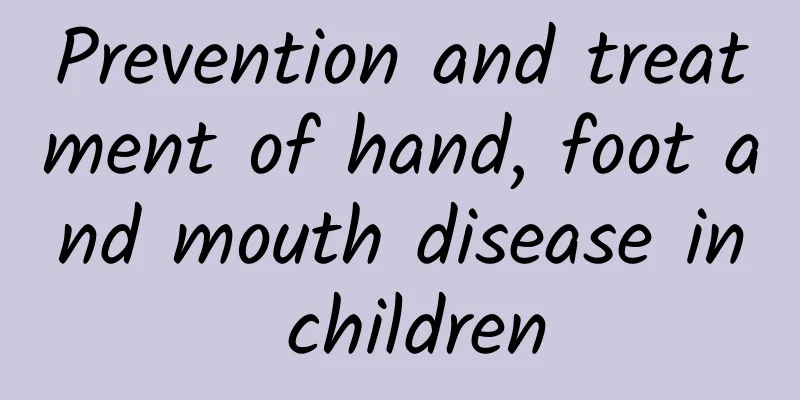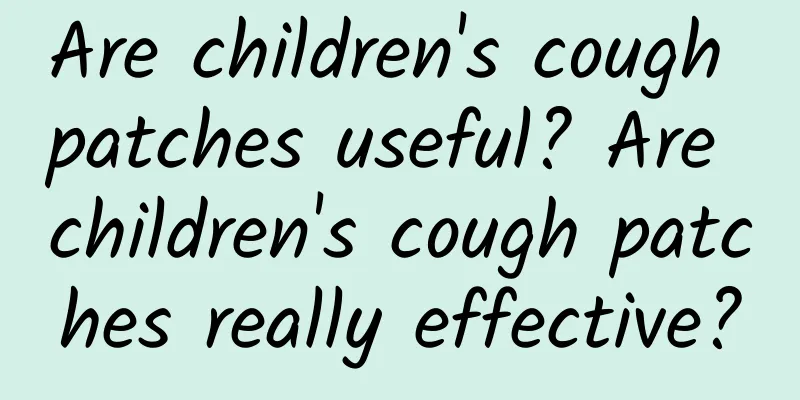Children with diarrhea, vomiting and diarrhea
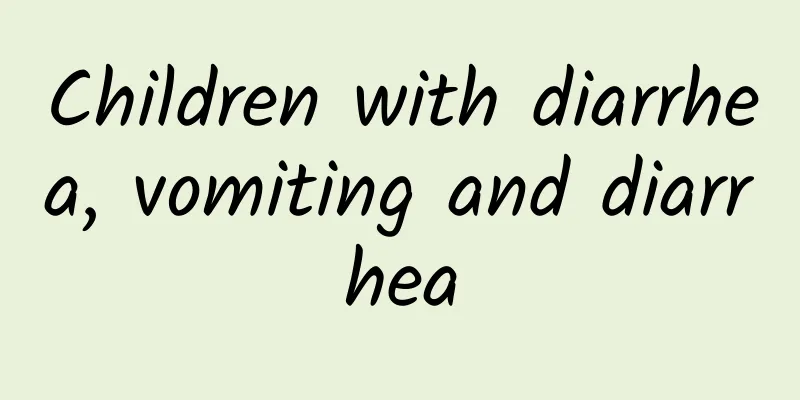
|
If children have diarrhea accompanied by vomiting and frequent bowel movements, they should seek medical help as soon as possible, because this situation may lead to dehydration and electrolyte imbalance, especially infants and young children are more susceptible to serious effects. It is very important to observe reasonably, correct the cause quickly, and take targeted treatment. Diarrhea, vomiting and diarrhea in children are often caused by infectious factors, improper diet or side effects of drugs. Viral infections such as rotavirus are the most common causes, and may also be caused by bacteria such as Salmonella or parasites such as ameba. Physiological factors such as immature gastrointestinal function, excessive intake of irritating foods, lactose intolerance, etc. can also induce symptoms. Sometimes recent use of antibiotics may disrupt the balance of intestinal flora and cause further aggravation of diarrhea. The course of the disease can range from mild to severe, manifested by watery stools, vomiting, abdominal pain and fever. When judging the severity, the key indicator is whether the child has obvious signs of dehydration such as mental depression, decreased urine output, and chapped lips. In terms of nursing, it is necessary to replenish the water and electrolytes lost due to diarrhea in time. Oral rehydration salts can be used for simple adjustment. Children with severe dehydration need to go to the hospital for intravenous infusion. It is very important to adjust the diet and provide children with easily digestible foods such as rice soup, carrot puree or banana puree. Try to avoid dairy products and high-fat, spicy foods until the symptoms are completely relieved. In terms of drug treatment, montmorillonite powder can be used according to the doctor's advice to help reduce diarrhea. If it is a bacterial infection, antibiotics must be used as prescribed by the doctor. When vomiting is severe, antiemetic drugs can be used to relieve symptoms. In order to reduce the possibility of future illness, it is recommended to manage hygiene habits, including reducing children's contact with unripe food, unclean fruits, and oral and hand contact with transmission sources. Parents need to pay attention to changes in their children's condition. If diarrhea occurs more than once a year, with repeated infections, or accompanied by high fever and other symptoms, complex diseases such as certain immune problems or genetic metabolic diseases should be considered. It is important to seek medical attention in a timely manner for a clear diagnosis to ensure the healthy growth of children. |
>>: What medicine is good for children with pneumonia and bronchitis?
Recommend
Correct examination of pneumonia in children
Pneumonia is a respiratory disease and is also a ...
What causes kidney disease in children?
The main cause of childhood kidney disease is clo...
How to treat neonatal jaundice? Try these 4 treatments for neonatal jaundice
We all know that it is difficult for babies to gr...
What are the clinical manifestations of influenza? What should we do if we have influenza?
1. Typical Flu Symptoms of systemic poisoning suc...
What are the symptoms of hand, foot and mouth disease?
Hand, foot and mouth disease is a mild, contagiou...
How much does a routine ADHD checkup cost?
ADHD is a common childhood disease that causes pr...
Is congenital corneal dystrophy hereditary?
Congenital corneal dystrophy is an eye disease th...
Treatment of acute laryngitis in children
Acute laryngitis in children is common in infants...
Is it normal for a newborn to have jaundice for 15 days?
Is it normal for a newborn to have jaundice for 1...
How to treat jaundice in children
How to treat jaundice in children? The treatment ...
Is there a cure for Kawasaki disease?
Every baby is the apple of the family's eye. ...
What to do if your baby has a dry cough? How to treat your baby's dry cough
Coughing is not a serious problem, and it is not ...
What is the oral liquid for treating lung heat, cough and asthma in children? What are the effects and functions of the oral liquid for treating lung heat, cough and asthma in children?
The Children's Lung Heat Cough Oral Liquid is...
How to treat physiological jaundice in infants? Master the three treatments for physiological jaundice in infants
When newborns develop jaundice, many parents will...
What are the diagnostic criteria for polio?
Polio is an infectious disease caused by the poli...


